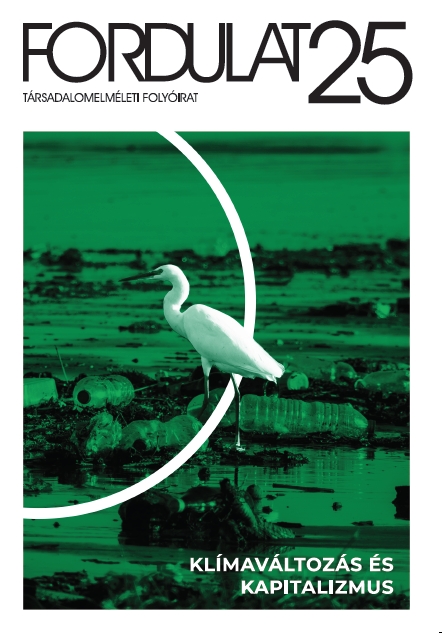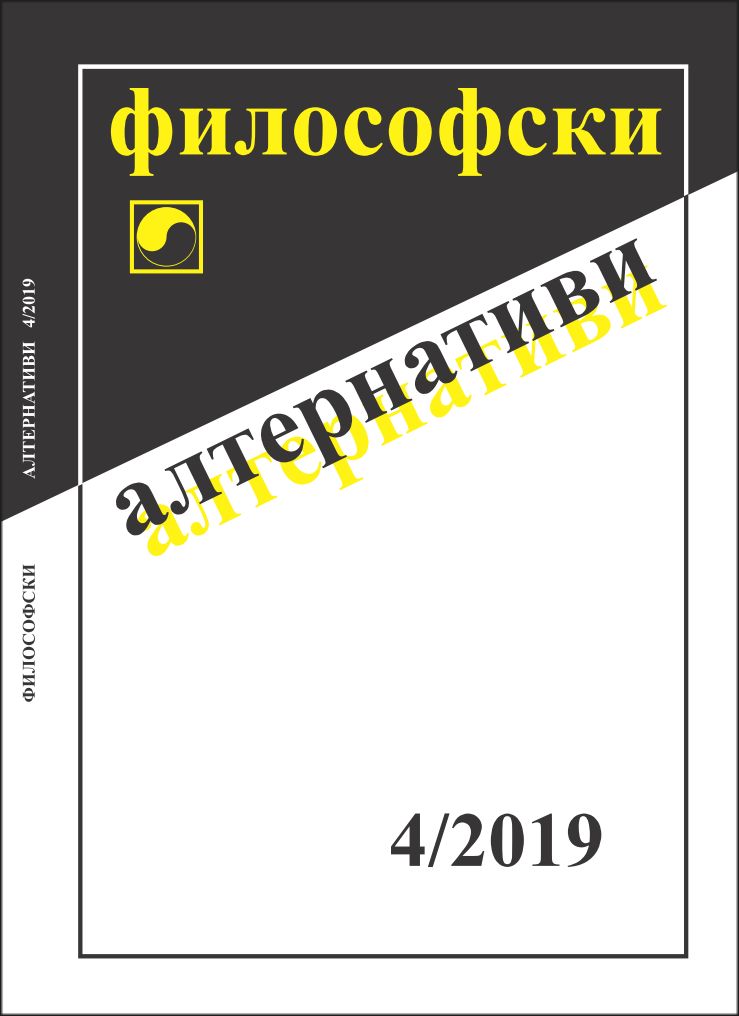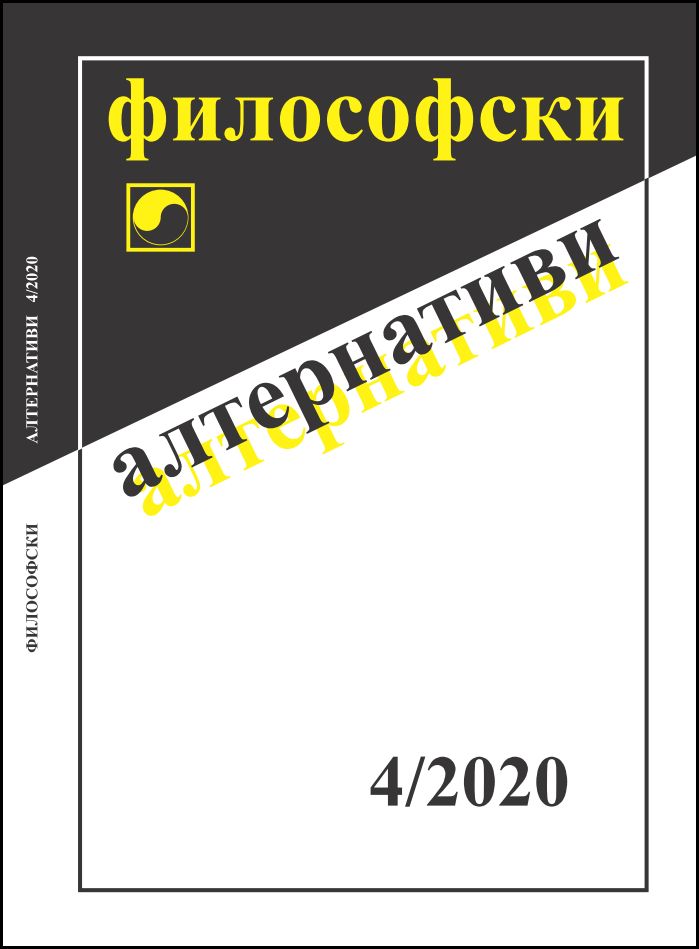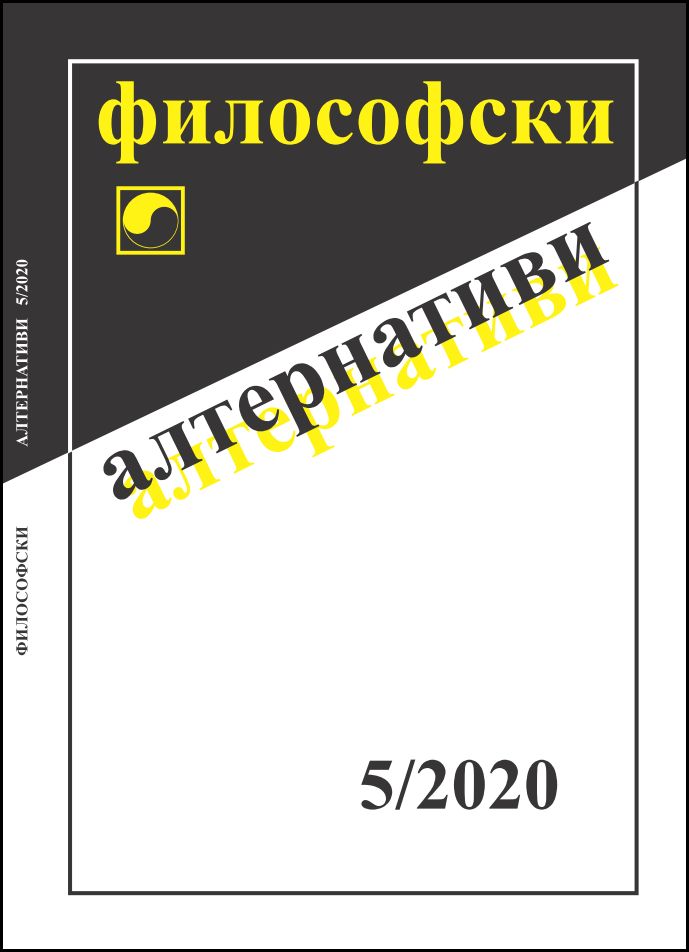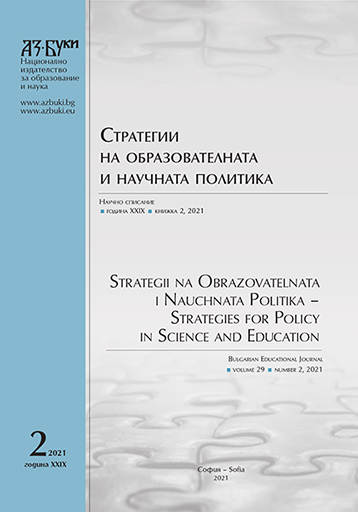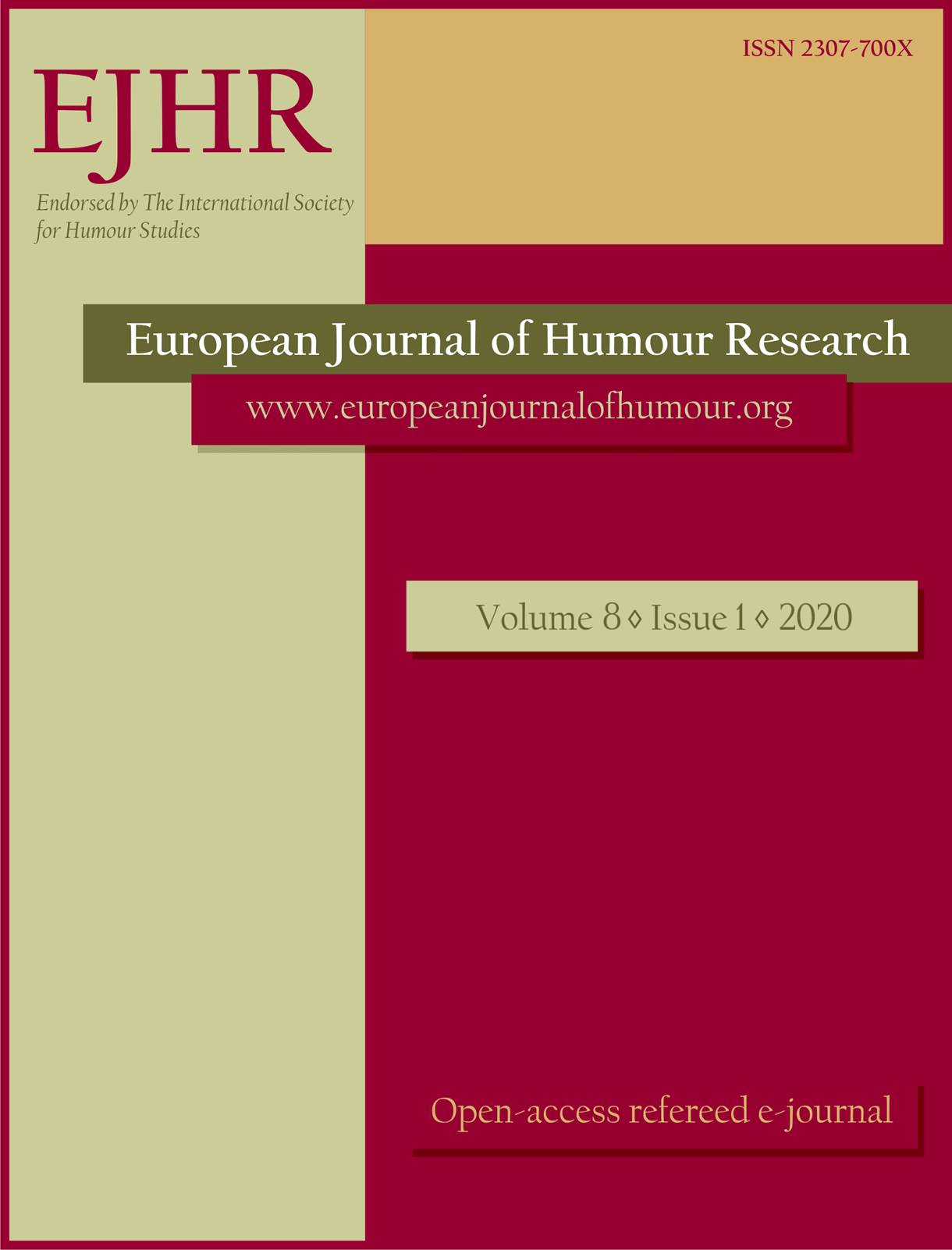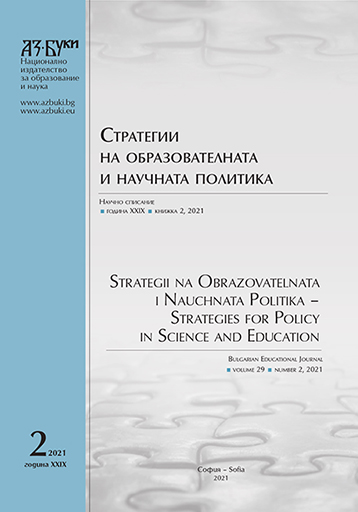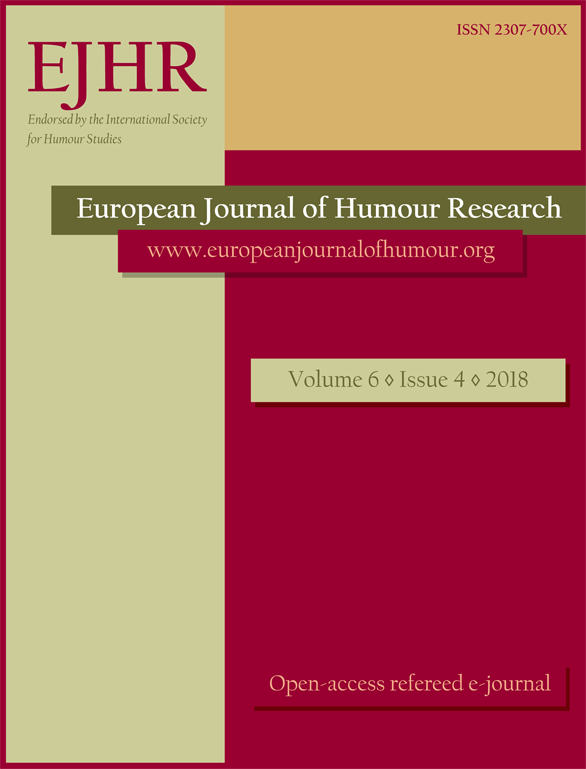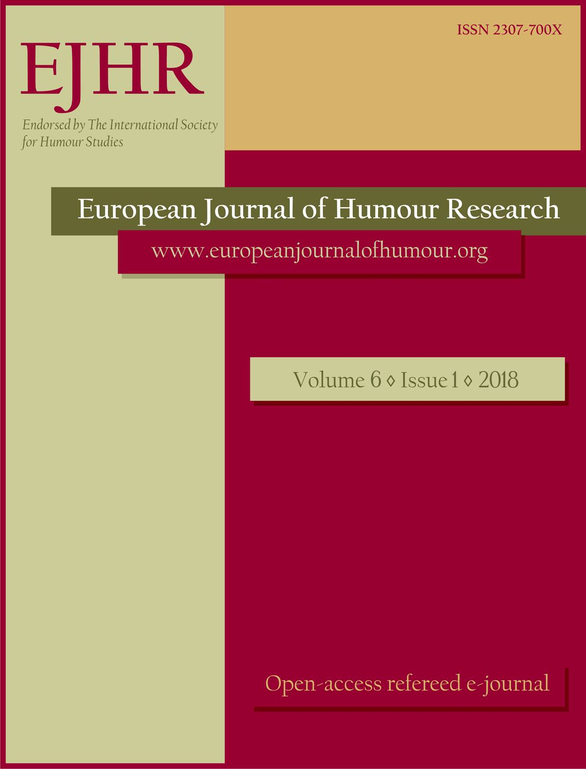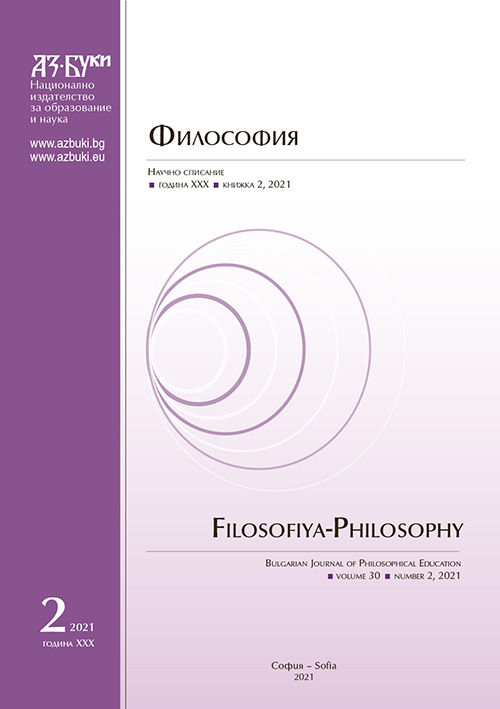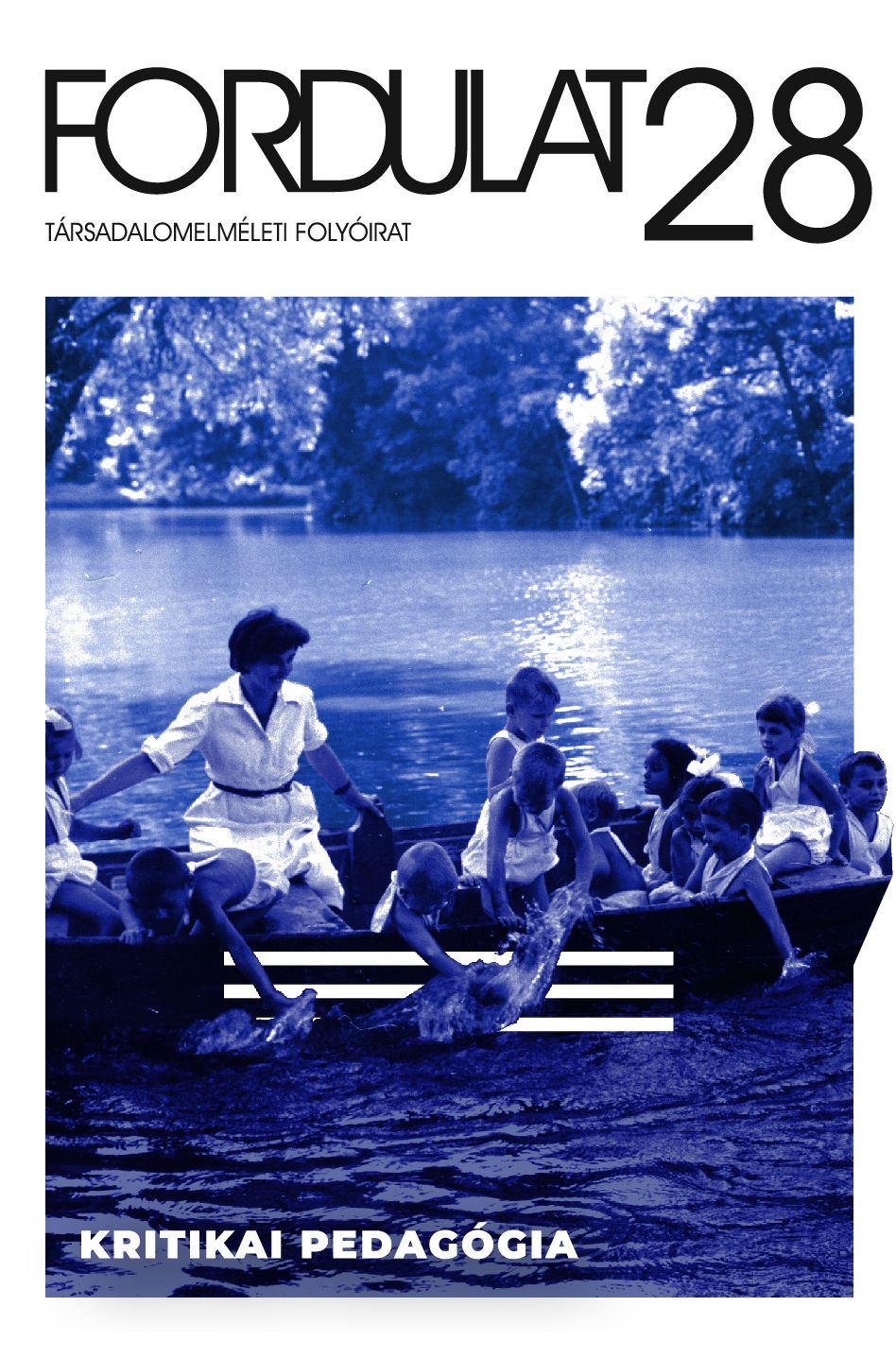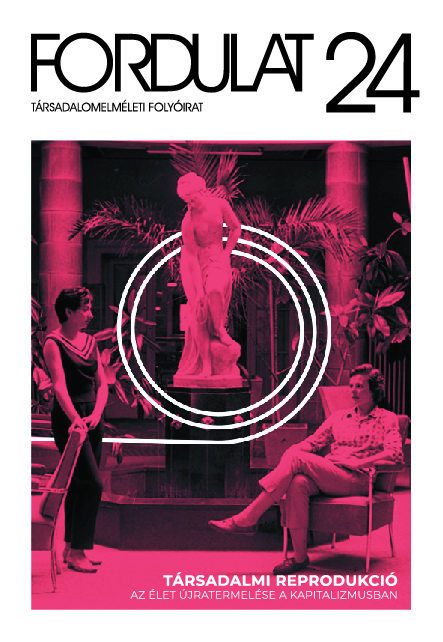
Társadalmi reprodukció
The process during which the reproduction of life is integrated into capitalist production is usually referred to as reproduction, social reproduction, or reproductive labour. These concepts include the process during which capitalism transforms and makes use of the practices of love, sex, care and housework in a way that they fit the logic of capitalist accumulation. In our paper, we summarise the theoretical history of social reproduction: following the original concept of social reproduction of Marx and Engels, we look at ensuing waves of research using and critiquing this concept – feminist research, world-systems-focused research, research focusing on informal labour, peasants, or the exploitation of nature. Then we pose the question of what we may gain from these approaches for the understanding of Eastern-European social relations.
More...
